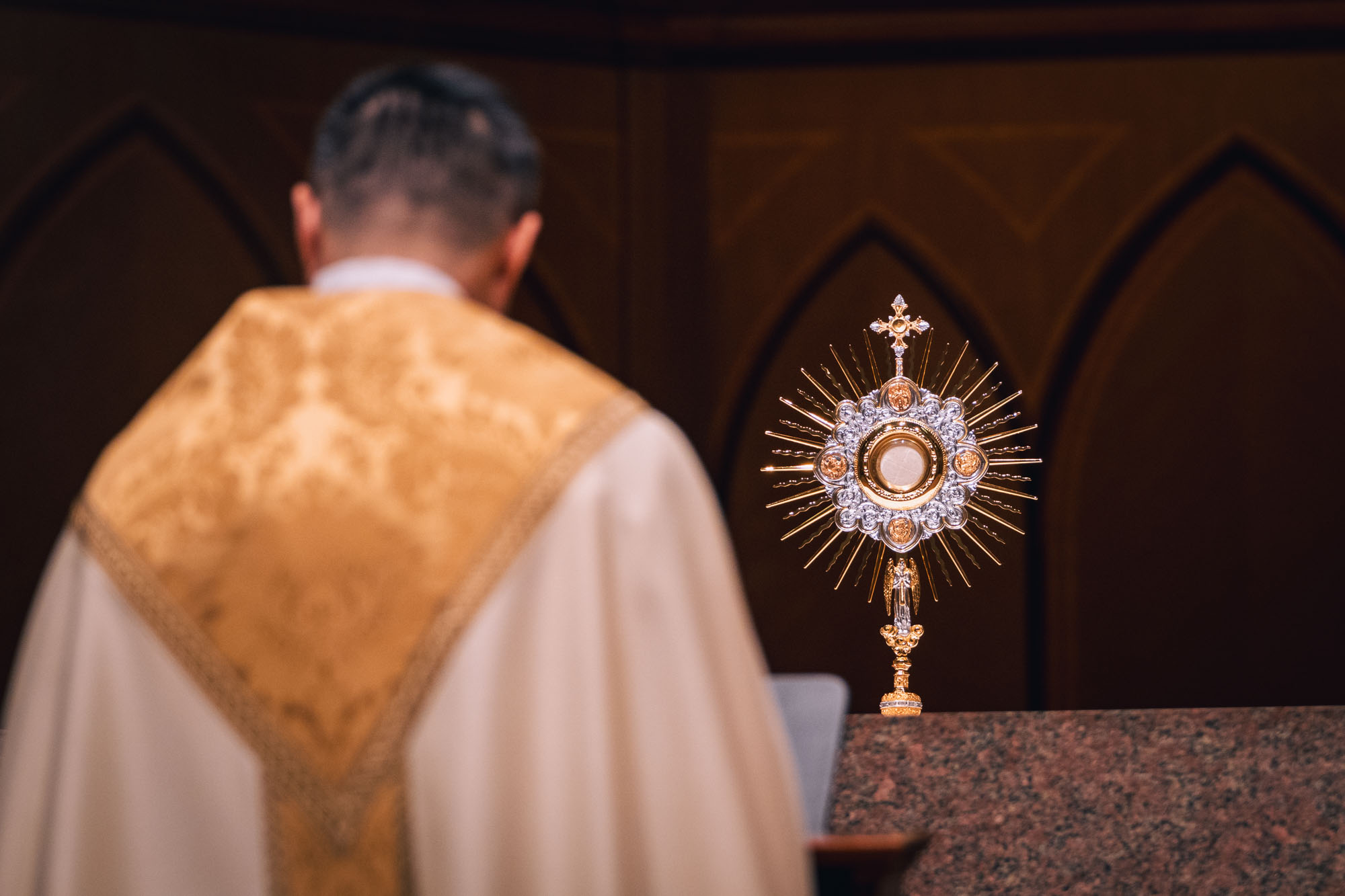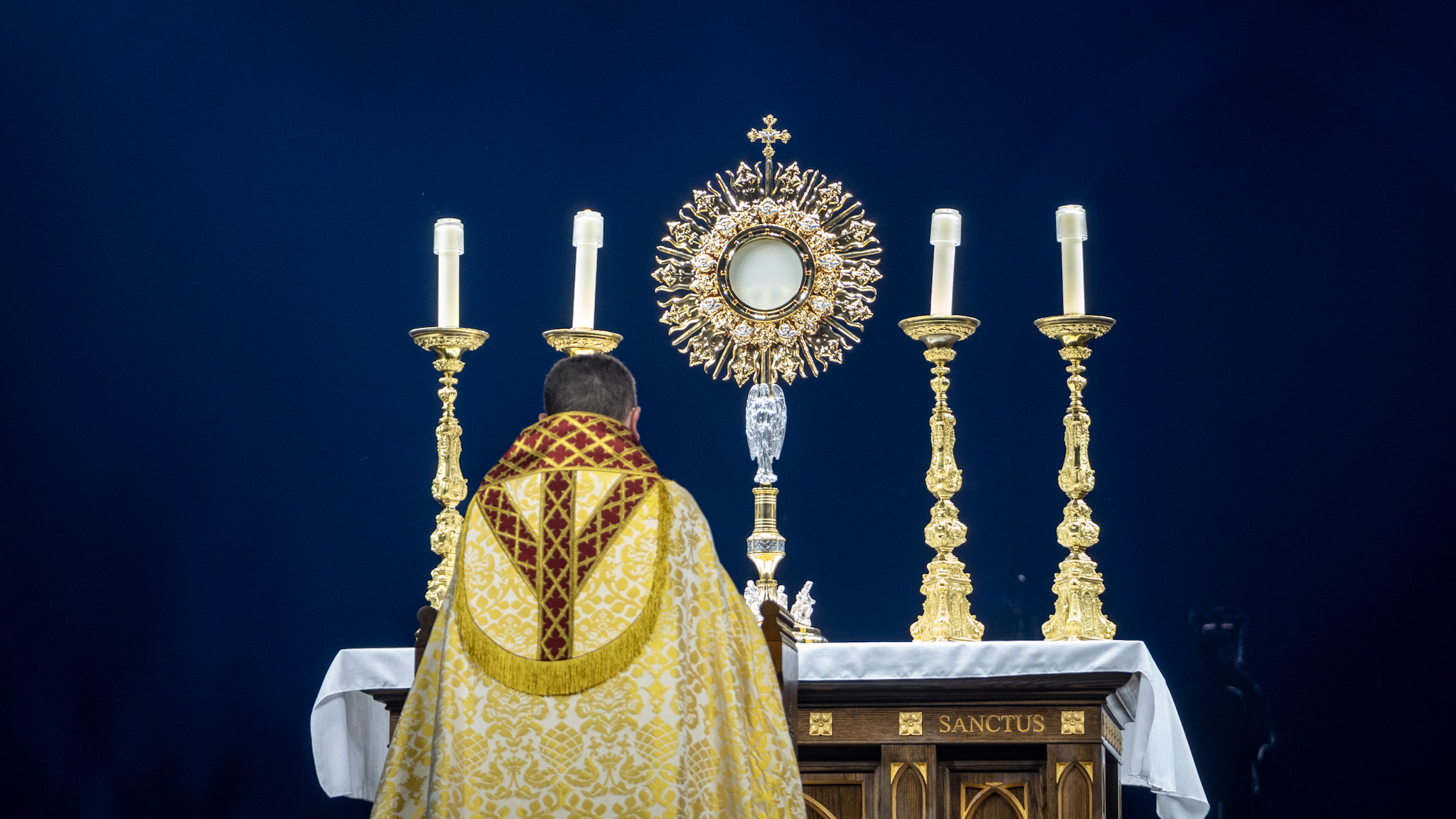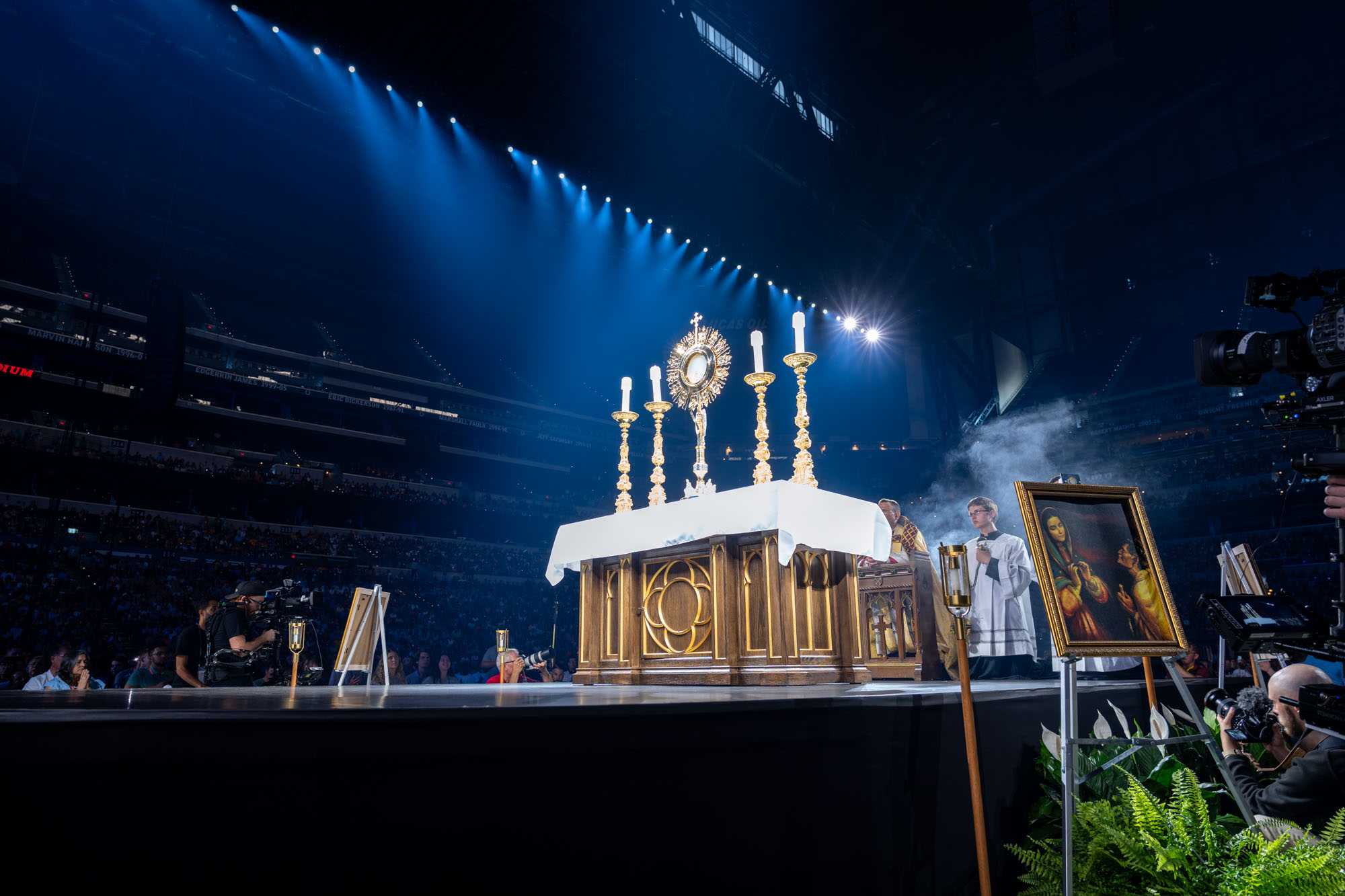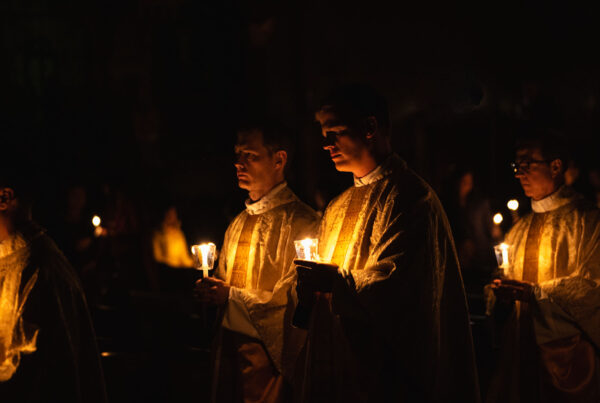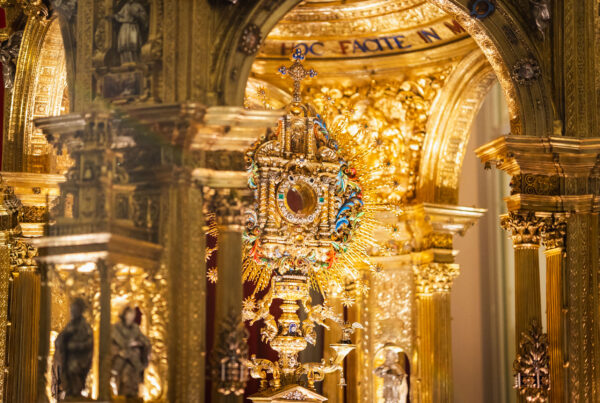Fasting Before Holy Communion: A Tradition of Reverence and Preparation
The practice of fasting before receiving Holy Communion, also known as the Eucharistic fast, is an ancient tradition in the Catholic Church. It is a sign of reverence for the Blessed Sacrament and a way of preparing oneself to receive the Body and Blood of Christ. While the specific regulations regarding the fast have evolved over time, the underlying principle of spiritual and physical preparation remains constant.
Historical Context
The tradition of fasting before receiving Holy Communion dates back to the early Church. In the first centuries, Christians would often gather for a meal (agape) followed by the celebration of the Eucharist. Over time, the practice of fasting before Communion developed as a way of showing reverence for the sacred mystery.
St. Augustine, in his writings, mentions the practice of receiving the Eucharist on an empty stomach as a universal custom in his time (4th century). This indicates that the practice was already well-established and considered to be of apostolic origin.
Canon Law and the Second Vatican Council
The current regulations regarding the Eucharistic fast are found in Canon 919 of the Code of Canon Law:
“One who is to receive the Most Holy Eucharist is to abstain from any food or drink, with the exception only of water and medicine, for at least the period of one hour before Holy Communion.”
This canon reflects the Church’s understanding of the importance of preparing oneself to receive the Eucharist. The Second Vatican Council, in its document Sacrosanctum Concilium (Constitution on the Sacred Liturgy), emphasizes the importance of active participation in the liturgy and encourages the faithful to approach the sacraments with proper disposition.
Would you like to stay close to the Holy Eucharist all day long?
Now you can, I have 8 Holy Eucharist Wallpapers for you, so you can stay connected with Jesus Christ anywhere you are!
Theological Significance
The Eucharistic fast is not merely an arbitrary rule imposed by the Church. It has a deeper theological significance. It is a way of expressing our faith in the real presence of Christ in the Eucharist. By abstaining from food and drink, we acknowledge that the Eucharist is not ordinary food but a unique and sacred gift.
The fast also serves as a form of spiritual preparation. Just as we prepare ourselves physically for important events, so too should we prepare ourselves spiritually to receive the Body and Blood of Christ. The fast is a way of creating a spiritual hunger and thirst for God, making us more receptive to His grace in the Eucharist.
The Saints and the Eucharist
The saints have always had a deep reverence for the Eucharist and have emphasized the importance of proper preparation. St. Thomas Aquinas, one of the greatest theologians of the Church, described the Eucharist as “the sacrament of love” and emphasized the importance of approaching it with a pure heart.
St. Ignatius of Loyola, in his Spiritual Exercises, encourages the faithful to cultivate a deep desire for the Eucharist and to prepare themselves by prayer and reflection.
St. Teresa of Avila, a mystic and Doctor of the Church, had a profound devotion to the Eucharist. She described it as “the bread of life” and emphasized its importance for spiritual growth.
Practical Considerations
While the current regulations require a one-hour fast before Communion, some individuals may choose to fast for a longer period as a sign of deeper devotion. It is important to note that the fast is not intended to be a burden but rather a way of expressing our love for Christ and our desire to receive Him worthily.
Those who are elderly, sick, or have certain medical conditions may be exempt from the fasting requirement. It is important to consult with a priest or other spiritual advisor if you have any questions or concerns about the Eucharistic fast.
Summary
The practice of fasting before Holy Communion is a valuable tradition that helps us to prepare ourselves to receive the Body and Blood of Christ. It is a sign of reverence for the Blessed Sacrament and a way of expressing our faith in the real presence of Christ in the Eucharist. By observing the Eucharistic fast, we can deepen our spiritual lives and grow closer to God.
Resources:
Increase your eucharistic devotion by doing these 7 things, Maronite bishop says
Can I eat before Mass?
Should we fast before receiving Holy Communion?
What are the rules about fasting before receiving Holy Communion?
Agape feast
Sacrosanctum Concilium
Saints & Sacraments: Teresa of Ávila

